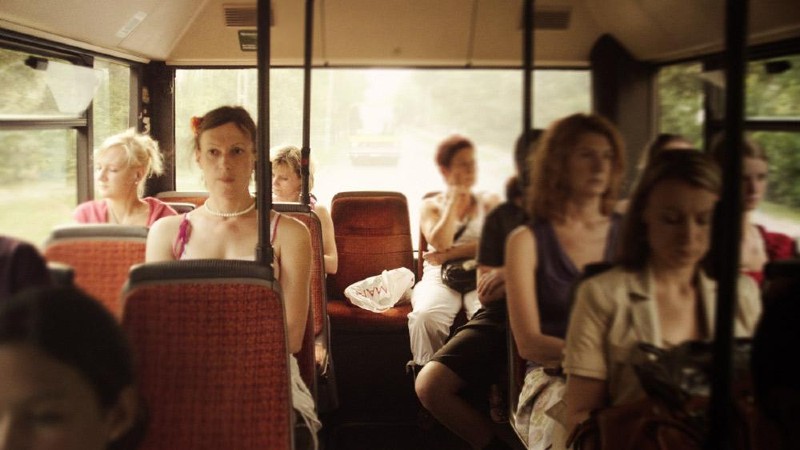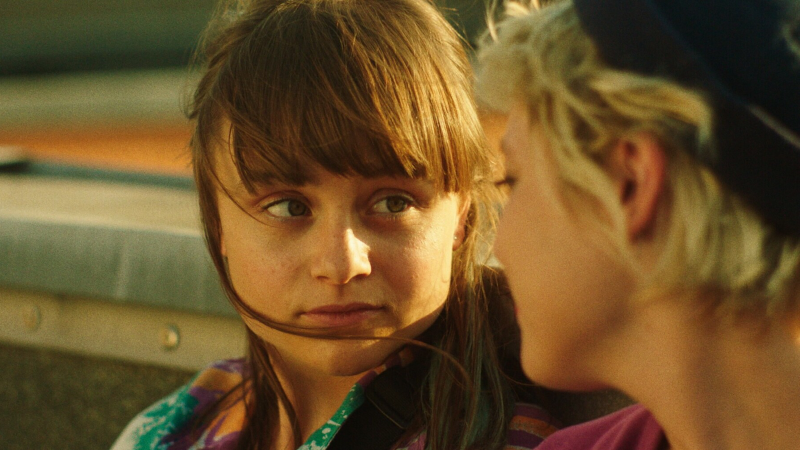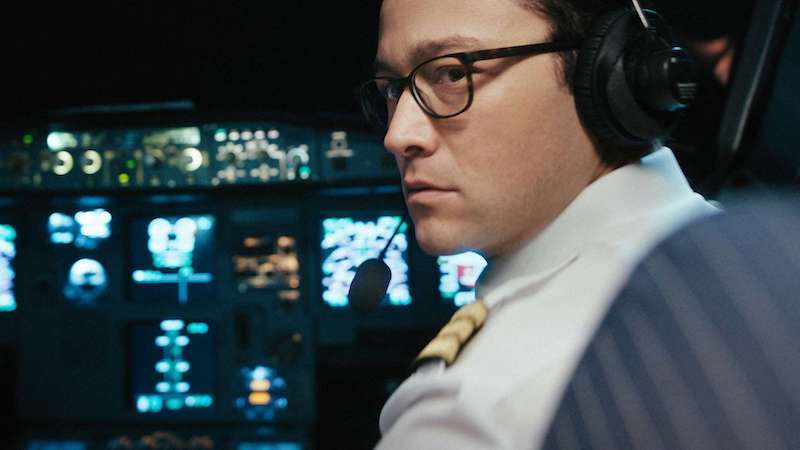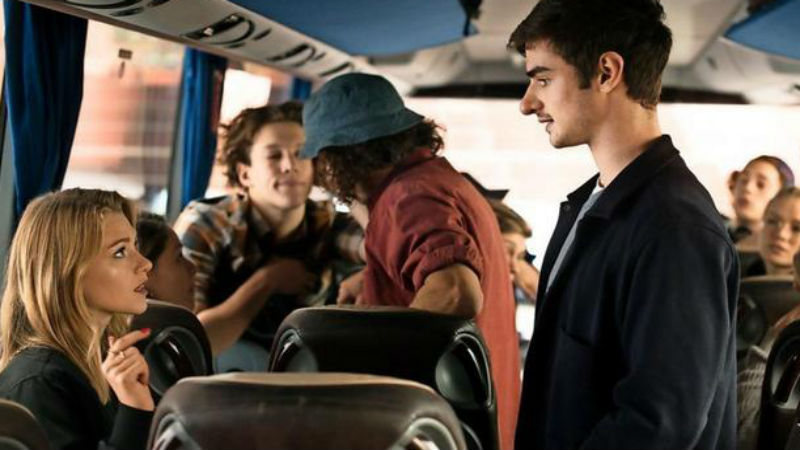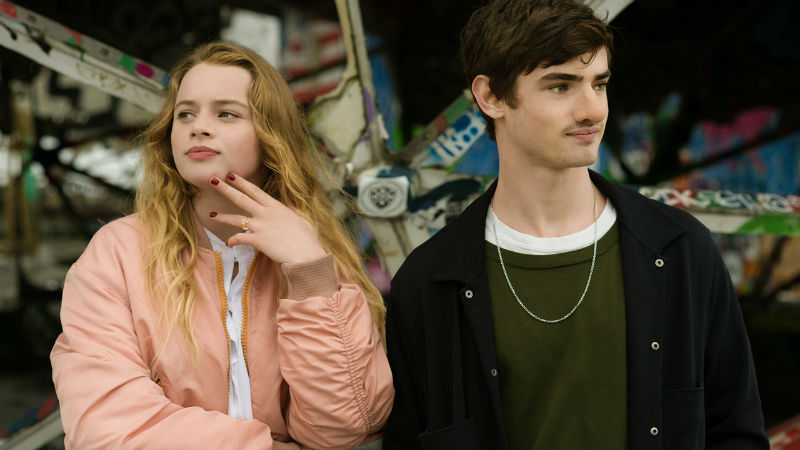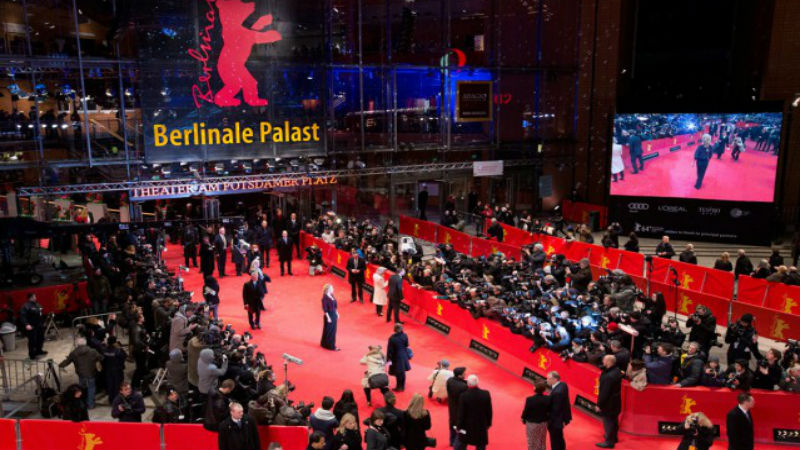QUICK SNAP: LIVE FROM BERLIN!
Being both highly important and deeply funny at the same time without one part overshadowing the other is a difficult line to tread, but Rabiye Kurnaz vs. George W. Bush, stemming from a fantastic central performance by Meltem Kaptan, manages to feel absolutely effortless. The kind of crowd-pleasing comedy that you could probably recommend to just about anybody, expect it to be a domestic hit in Germany and perhaps even have many admirers overseas.
The year is 2001. The US is in paranoiac overdrive due to the recent 9/11 bombings. Turkish-German Murat (Abdullah Emre Öztürk) travels to Pakistan from Bremen without telling his mother Rabiye (Meltem Kaptan). He is later arrested by the authorities on suspicion of terrorism and later taken to Guantanamo Bay. As he is not technically being held on American soil, he is denied the right to a fair trial, leading Rabiye to enlist the services of German human rights lawyer Bernhard Docke (Alexander Scheer).
It is at once a courtroom drama and a culture-clash comedy, with the chaotic Turkish mother and the stereotypically rigid German lawyer butting heads on the proper way to do things. For example, while he insists that things takes time, Rabiye likes to rush into rooms, demanding the nearest minister’s attention. But where a lesser screenplay might have let this play out in obvious, cringe-worthy ways, Rabiye Kurnaz has laser-sharp focus on both its central characters, making their relationship feel natural and well-earned despite their many differences. It’s a huge step up from the other war on terror comedy Curveball (Johannes Naber, 2020), which lacked both urgency or even a single laugh.
Taking place over many years, the film does a great job of explaining the different levels of bureaucratic hell that Murat is under without ever having feeling complex or over-explained. New developments that could’ve become repetitive or over-laboured are placed in new settings each time, managing to reveal something new about the characters in the process. Kaptan, with her larger-than-life demeanour, huge bird’s-nest haircut and motor-mouth attitude, is the absolute centre of the piece. Rarely falling into cliché, she elevates the script into the kind of well-made broad comedy (with a message) that contemporary cinema so often lacks.
The facts of the case are shocking: not only are 39 people still held in Cuba without ever having a fair trial, but the German government has been proven to actively cover up their involvement in the so-called war of terror. It’s a bitter pill to swallow, making a comedy such as this a better delivery system for the film’s message than any dark and depressing camp-set drama ever could. In fact comedy is perfect, because it humanises Muslim people instead of constantly seeing them through a victim/perpetrator binary, actually working better than nearly all of the 00s war on terror thrillers to discuss the legacy of American overreach.
It also provides a key lesson to the new wave of unfunny American “serious” comedies, from Don’t Look Up (Adam McKay, 2021) to Bombshell (Jay Roach, 2019). You don’t need to lecture in order to get your message across. You simply have to be funny. Rabiye Kurnaz is all of that and more.
Rabiye Kurnaz vs. George W. Bush plays in Competition at the 72nd Berlinale, running between February 10th and 20th.









